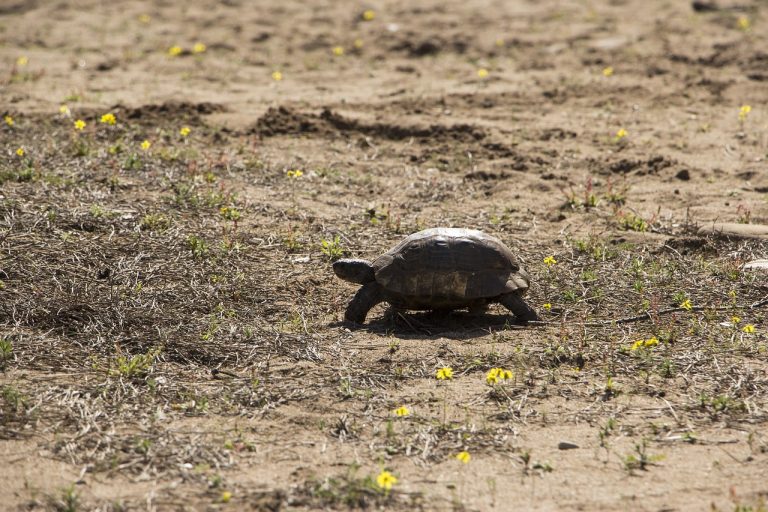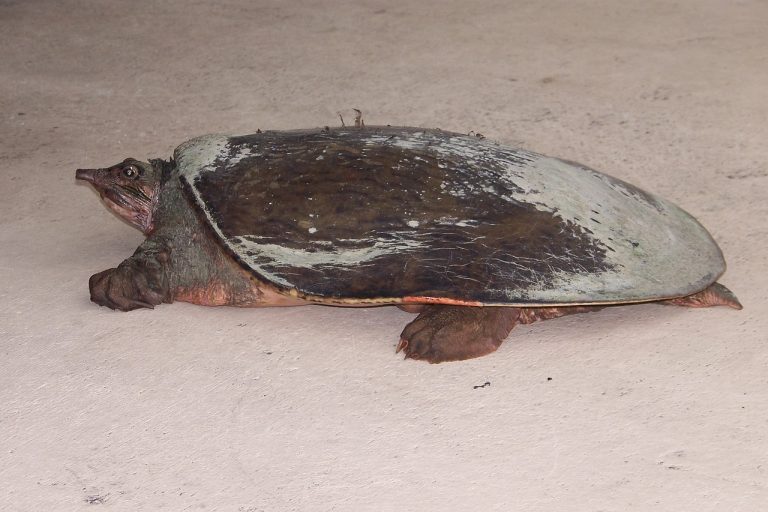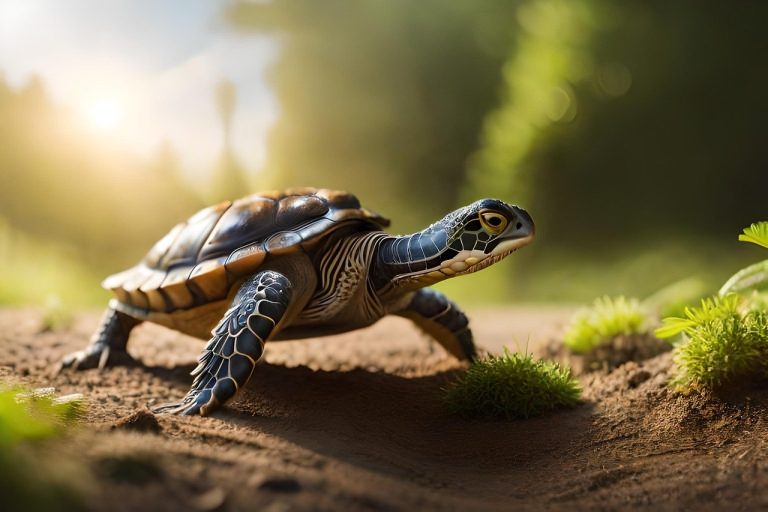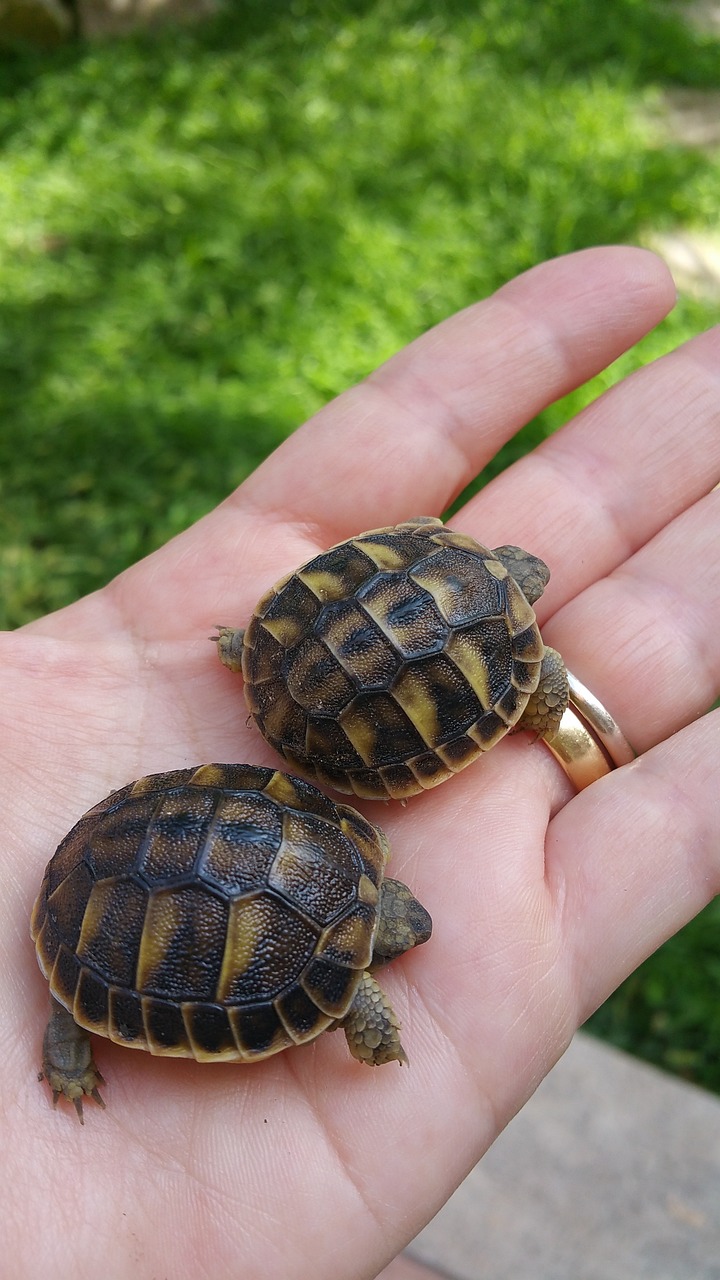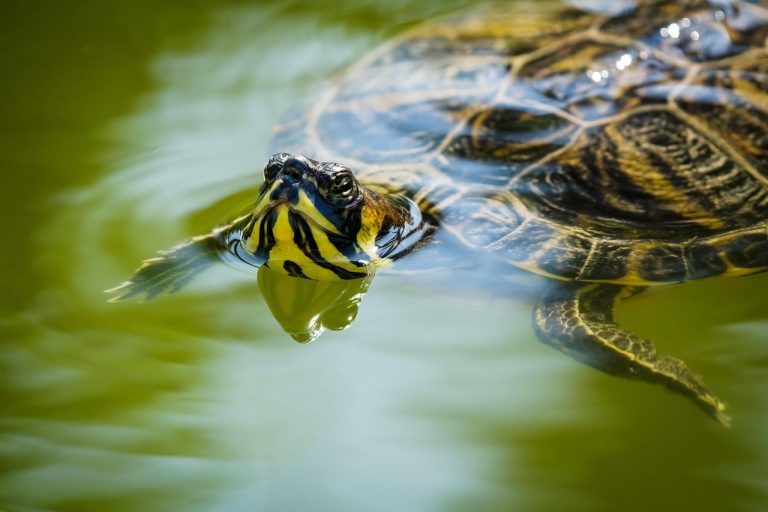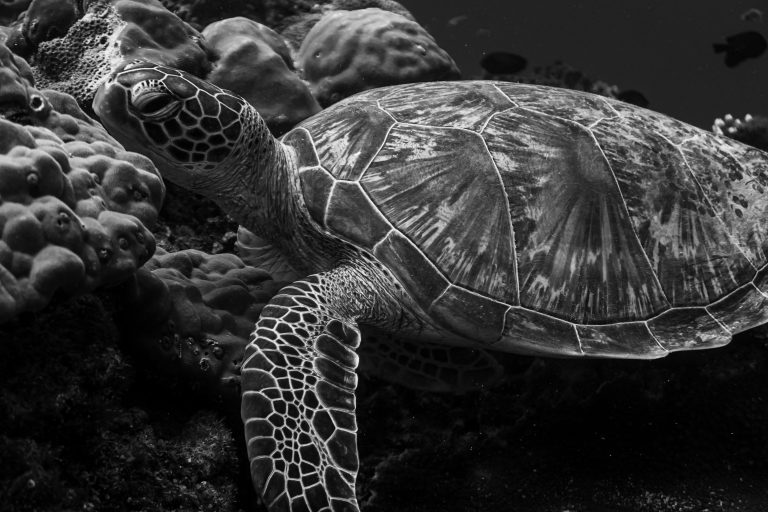What Do Small Turtles Eat?
Having dedicated countless hours to observing and studying small turtles, I’ve been pleasantly surprised to discover the diverse dietary preferences among these diminutive reptiles.
From the diminutive Musk Turtle to the vibrant Painted Turtle, each species exhibits its own unique culinary inclinations that play a pivotal role in their overall health and development.
As I delve deeper into unraveling the intricate details of what these small turtles consume, a fundamental question arises: how do their eating habits influence their behavior and interactions with their environment? Join me on this fascinating journey as we uncover the mysteries of small turtle diets and explore the profound impact of their food choices on their lives.
Here are some key takeaways:
- Small turtles exhibit a wide range of dietary preferences, encompassing carnivorous, herbivorous, and omnivorous options.
- It’s essential to provide a balanced diet that includes protein sources such as pellets, fish, insects, and various plants to ensure they receive essential vitamins and nutrients.
- Young turtles, in particular, require higher protein intake to support their rapid growth and development. As they mature, their dietary needs may gradually shift towards a more herbivorous diet.
- Consulting with a reptile veterinarian is crucial for understanding the species-specific dietary requirements of small turtles. Additionally, maintaining clean water is essential, especially for aquatic turtles, to promote their overall well-being.
By embracing these insights and catering to the dietary needs of small turtles, we can contribute to their thriving health and enhance our understanding of these fascinating creatures.

What Small Turtles Eat: A Closer Look
As I delve deeper into the dietary habits of small turtles, it becomes evident that understanding the nuances between carnivorous, herbivorous, and omnivorous species is crucial for their well-being.
Carnivorous turtles rely primarily on protein-rich sources for sustenance. These include commercial turtle pellets, small fish, insects, cooked meats, and shrimp or krill. This preference aligns with their natural hunting instincts, as they thrive on diets abundant in protein. Offering a diet rich in protein ensures essential nutrients for growth and overall health. Insects like crickets or mealworms provide variety and encourage natural foraging behaviors, while cooked meats and shrimp or krill can be occasional nutritional supplements.
On the other hand, herbivorous turtles predominantly consume plants and vegetables, with occasional fruits as treats. Their diet consists of leafy greens such as romaine lettuce, dandelion greens, and kale, alongside aquatic plants like duckweed or water lettuce, and vegetables including carrots, squash, and bell peppers. Calcium sources like cuttlebone pieces aid in shell development, while vitamin supplements, particularly vitamin D3, are crucial for turtles lacking natural sunlight exposure. Following proper feeding schedules and offering a diverse array of plant-based foods ensures the health of herbivorous turtles.
Omnivorous turtles exhibit a versatile appetite, consuming both plant and animal matter. Their diet includes commercial turtle pellets, small fish, insects, cooked meats, and shrimp for protein, as well as leafy greens, aquatic plants, and vegetables for plant-based nutrients. Calcium and vitamin supplements are essential for their overall health, with young turtles requiring higher protein intake for growth before gradually transitioning to a more herbivorous diet with age. Understanding the dietary preferences of omnivorous turtles is vital for providing them with a balanced and appropriate diet throughout their lives.
Feeding Your Small Turtle: Best Practices
Ensuring good health and nutrition for your small turtle requires establishing a feeding routine that caters to their age, size, and specific dietary needs. Here’s a guide to help you provide optimal care for your pet:
- Age and Growth Requirements: Young turtles have higher protein requirements to support their rapid growth, while older turtles may gradually transition to a more herbivorous diet as they mature. Adjust the diet according to their growth stage to promote healthy development.
- Monitoring Habits: Pay attention to your turtle’s eating habits, including their eating speed, food consumption, and weight. This information can help you tailor their diet to ensure they receive the necessary nutrients.
- Supplementation: Supplementing your turtle’s diet with calcium and vitamins is essential to prevent deficiencies. Consider providing cuttlebone as a calcium source and consult with a veterinarian about appropriate vitamin supplements, especially for turtles lacking access to natural sunlight.
- Feeding Frequency: Establish a feeding schedule based on your turtle’s age and size. Generally, young turtles may require daily feedings, while juveniles to adults can be fed every other day. Adjust the feeding frequency as needed to maintain their health and prevent overfeeding.
- Clean Water: Ensure that your aquatic turtle has access to clean and properly filtered water at all times. Regularly clean their water habitat to prevent bacterial growth and maintain optimal water quality.
By following these best practices and providing a well-rounded and balanced diet, you can help ensure that your small turtle thrives and enjoys a healthy life. Remember to consult with a reptile veterinarian for personalized dietary recommendations and guidance tailored to your pet’s specific needs.
Foods To Avoid For Small Turtles
Shifting our focus to potential risks in your small turtle’s diet, it’s crucial to be aware of foods that could be harmful or toxic to their health.
- Dairy Products: Turtles lack the necessary enzymes to digest lactose found in dairy products, which can lead to digestive issues such as diarrhea or upset stomach.
- Processed Foods: Processed foods often lack essential nutrients and can contribute to nutritional deficiencies over time. It’s best to avoid feeding your turtle foods that are heavily processed or high in sugar and salt.
- Toxic Plants: Certain plants like rhubarb, avocado, and onions contain substances that are toxic to turtles and can cause serious health issues if ingested. These should be avoided in your turtle’s diet to prevent poisoning.
- Healthy Alternatives: Opt for healthy alternatives such as leafy greens, vegetables, and appropriate commercial turtle pellets. These options provide essential nutrients without the risks associated with toxic foods.
- Consistent Feeding Schedule: Establishing a consistent feeding schedule tailored to your turtle’s age and species is essential for their overall health and vitality. This helps regulate their intake and ensures they receive the necessary nutrients to thrive.
By being mindful of what you feed your small turtle and avoiding harmful foods, you can help prevent digestive issues, nutritional deficiencies, and other health concerns. Prioritizing their well-being through a balanced and nutritious diet is key to ensuring they live a long and healthy life.

Special Considerations For Baby Turtles
Ensuring a nutrient-rich diet is paramount for the healthy growth and development of baby turtles. At this crucial stage of their lives, their nutrient requirements are high to support their rapid growth and development.
Baby turtles typically exhibit a more carnivorous diet, requiring a rich protein intake to fuel their growth. Protein sources such as commercial turtle pellets, small fish, insects, and cooked meats are essential components of their diet.
As baby turtles mature, many species gradually transition to a more herbivorous diet. This diet emphasizes the inclusion of leafy greens, aquatic plants, vegetables, and occasional fruits as treats. Providing a varied diet ensures that they receive a wide range of essential nutrients for their overall health and well-being.
Feeding frequency is also important, with baby turtles often requiring daily meals to meet their energy needs and support their growth. Regular monitoring of their growth stages allows for adjustments in food size and type as they mature.
In addition to protein and plant-based foods, calcium supplements are crucial for the bone development of baby turtles. Options such as cuttlebone pieces provide a readily available source of calcium for consumption.
By ensuring a balanced and varied diet that meets their specific nutritional needs, we can promote the healthy development of baby turtles and set them on the path to a thriving life.
Common Dietary Issues In Small Turtles
Addressing common dietary issues in small turtles is crucial for maintaining their health and well-being. Here are some key considerations:
- Nutritional Requirements: Small turtles require a well-balanced diet that includes the right mix of proteins, vitamins, and minerals. Ensuring they receive adequate nutrition is essential for their growth and overall health.
- Feeding Habits: Monitoring portion sizes and feeding frequency is vital to prevent overeating and nutritional imbalances. Establishing a consistent feeding schedule tailored to the turtle’s age and species helps regulate their intake and prevent obesity or malnutrition.
- Health Concerns: Obesity and malnutrition are significant risks in small turtles if their diet isn’t carefully managed. Monitoring their weight and body condition regularly can help identify potential issues early on and take appropriate action to address them.
- Dietary Supplements: Providing supplements such as calcium and vitamin D3 can help prevent deficiencies and maintain overall health. These supplements are particularly important for turtles that lack access to natural sunlight, which is essential for vitamin D synthesis.
- Variety in Diet: Offering a diverse range of foods ensures that turtles receive all the nutrients they need for optimal growth and development. Including a variety of protein sources, leafy greens, vegetables, and occasional fruits in their diet helps prevent nutritional deficiencies and encourages healthy eating habits.
By addressing these common dietary issues and implementing appropriate measures to prevent them, you can help ensure the health and well-being of your small turtle. Regular monitoring and adjustments to their diet as needed are key to promoting their long-term health and vitality.
